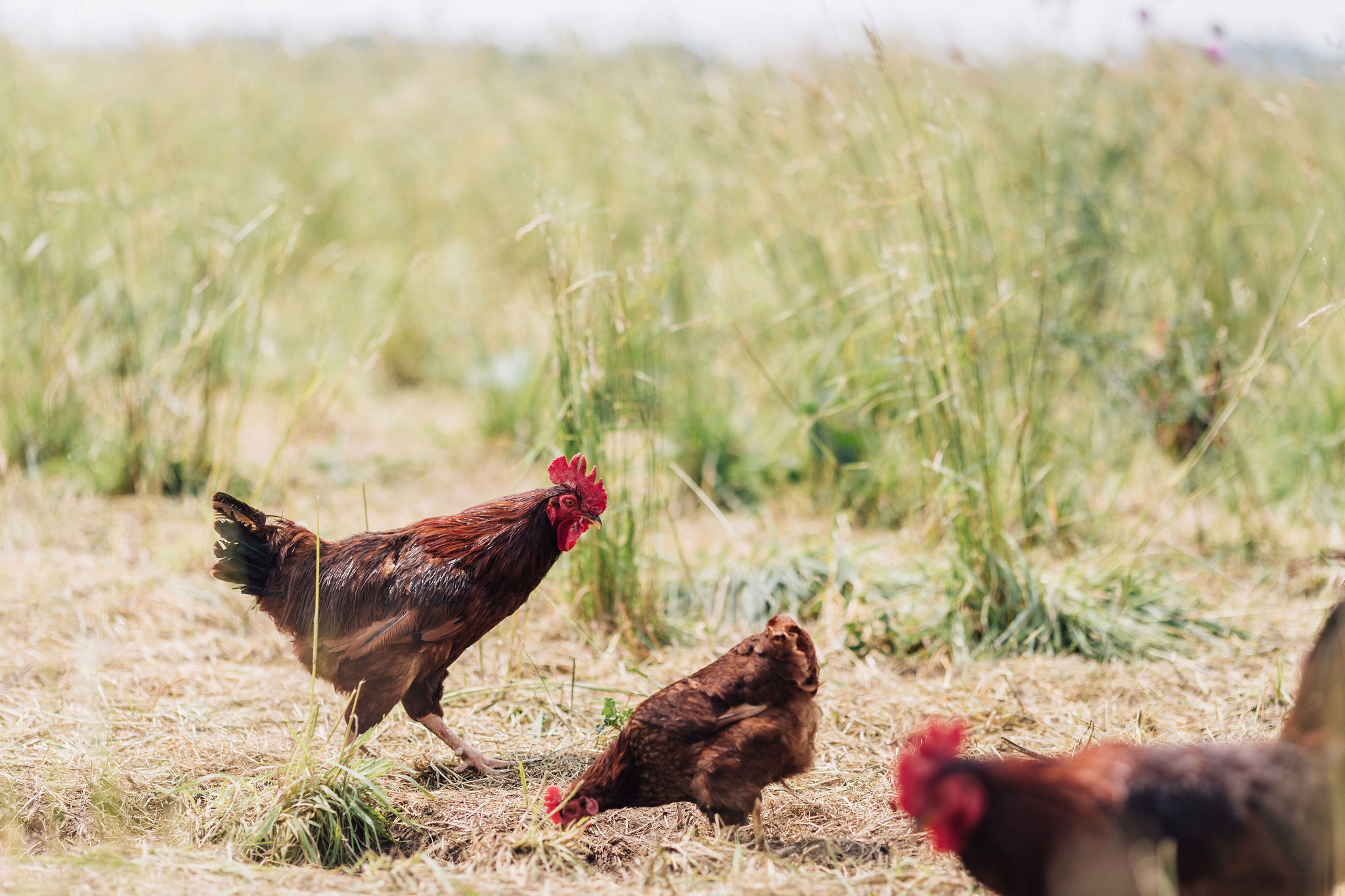Does soil quality affect food value, and how to know if your food actually has value?
posted on
March 15, 2018
Dr. William Albrecht made a film in the 1950s called The Other Side of the Fence (watch it here). Dr. Albrecht, a soil scientist, started his research to answer a few questions. Why do animals choose certain foods (often on the other side of the fence) over others? Why do some farms produce healthy livestock and some sickly? How is our soil affecting our animals’ diet?
Dr. Albrecht took a holistic approach to studying soil health, conducting various tests on soil quality and animal nutrition and how that affects human health. His research proved that the health of soil has a direct impact on the vitality and health of the animals that consume food produced on it, and this includes humans. Basically, if the soil is not healthy, then the food has little value and will not give animals and humans the basic food elements they need to thrive.
The tricky part about this is that, by sight alone, there’s no real way to tell if the food we are consuming is giving us what’s necessary in our diets, even if we think we are choosing healthful foods. Dr. Albrecht held up two seemingly identical stalks of celery. One had a high food value and was grown on nutrient-dense soil. The other had a low food value and was grown on mineral-deficient soil. Looks can be deceiving. Sometimes the biggest best-looking plant can be poorest in food value. Animals inherently know this and will do all they can to get the food on “the other side of the fence”.
Conventional farming methods in the 1950s that prioritized big crops and high yield per acre robbed the soil of vital food elements. These practices took away from the soil but added nothing back. Mineral deficient soils simply cannot produce good food. Without those necessary elements in the soil, we cannot live.
Since then, some farmers have done great work to replenish minerals in their soil, and some have not. Some farmers look to chemical concoctions to produce good-looking plants and fortification to add food value. And some proactive farmers like ours know that good bountiful food grows on good mineral-rich soil. Our farmer tests his soil at the beginning of the growing season for a variety of nutrients. It’s a hefty test that costs $1,200 (one day he hopes to do it more often). He works with a soil specialist to analyze the results and choose a fertilizer that is organic-approved to rebalance the soil. Without this care for the soil, the grass wouldn’t be as green, the yield wouldn’t be nearly as high, the milk wouldn’t be as yellow, and the food would not be as nutrient-dense.
Our health is interconnected with the health of the earth. When we eat foods that are naturally nutrient-rich and nourishing for our bodies, we know that the earth is also being fed nutrient-rich and regenerative foods. I am so thankful to know a farmer who cares and takes action!




